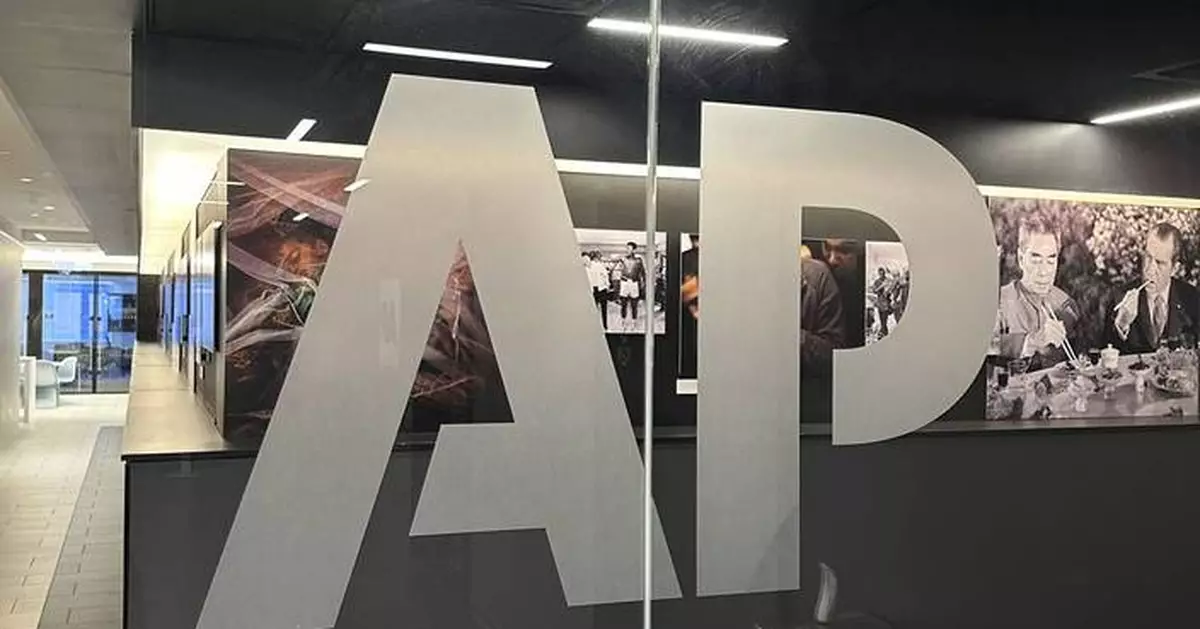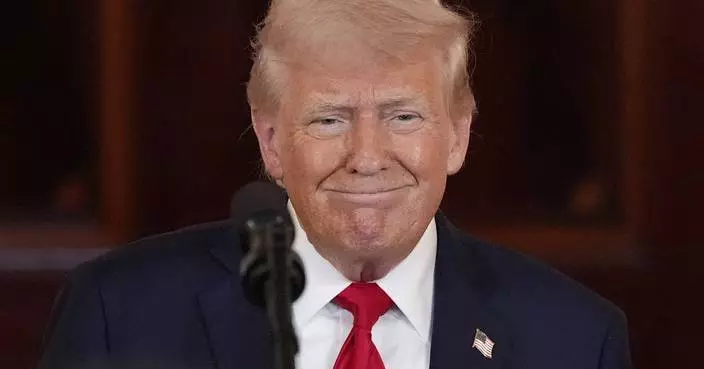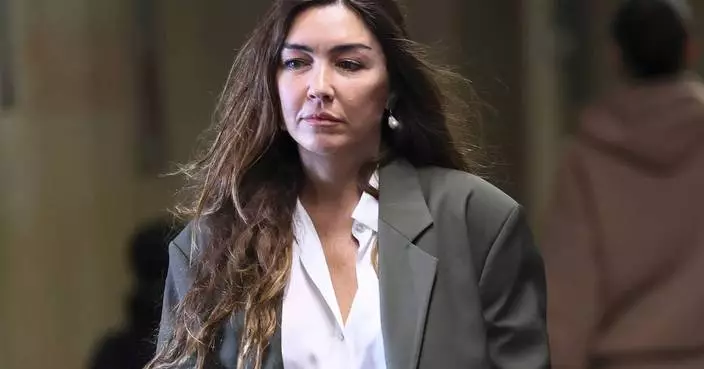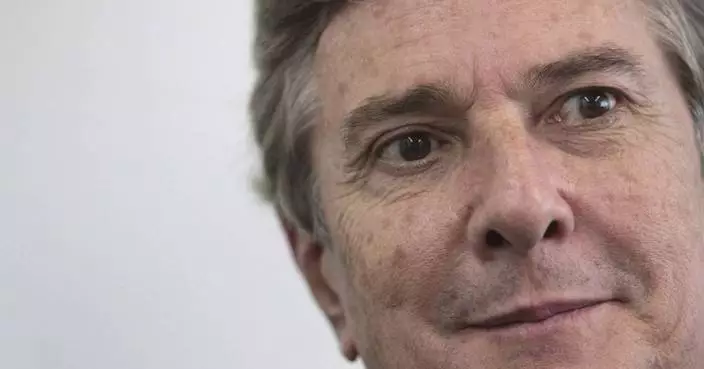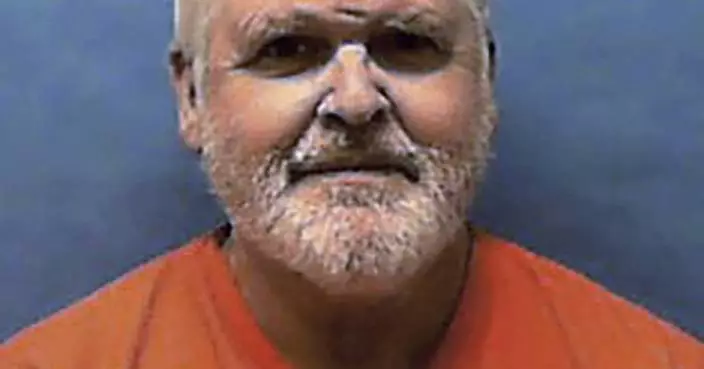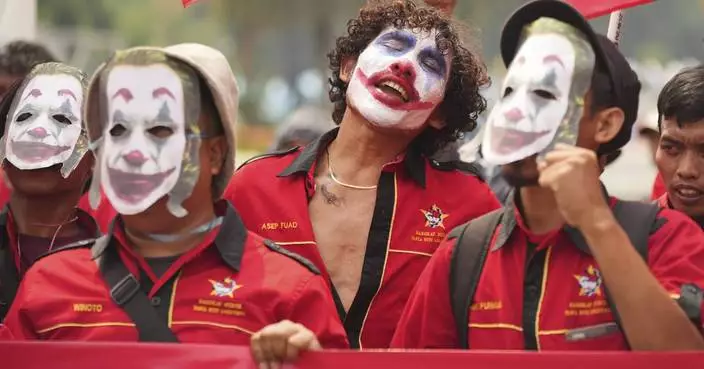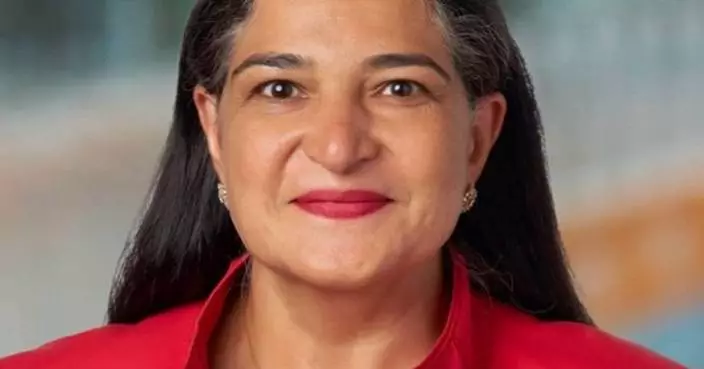Despite a court order, a reporter and photographer from The Associated Press were barred from an Oval Office news conference on Monday with President Donald Trump and his counterpart from El Salvador, Nayib Bukele.
Last week's federal court decision forbidding the Trump administration from punishing the AP for refusing to rename the Gulf of Mexico was to take effect Monday. The administration is appealing the decision and arguing with the news outlet over whether it needs to change anything until those appeals are exhausted.
The U.S. Court of Appeals for the D.C. circuit set a Thursday hearing on Trump's request that any changes be delayed while case is reviewed. The AP is fighting for more access as soon as possible.
Later Monday, two AP photographers were admitted to an event honoring Ohio State's championship football team on the more spacious South Lawn. A text reporter was turned away.
Since mid-February, AP reporters and photographers have been blocked from attending events in the Oval Office, where President Donald Trump frequently addresses journalists, and on Air Force One. The AP has seen sporadic access elsewhere, and regularly covers White House press secretary Karoline Leavitt’s briefings. Leavitt is one of three administration officials named in the AP's lawsuit.
The dispute stems from AP’s decision not to follow the president’s executive order to rename the Gulf of Mexico, although AP style does cite Trump’s wish that it be called the Gulf of America. The AP argued – and U.S. District Judge Trevor N. McFadden agreed last week – that the government cannot punish the news organization for exercising its right to free speech.
McFadden on Friday had rejected Trump’s request for more delay in implementing the ruling; now the president is asking an appeals court for the same thing.
“We expect the White House to restore AP's participation in the (White House press) pool as of today, as provided in the injunction order,” AP spokeswoman Lauren Easton said Monday.
The extent of AP's future access remains uncertain, even with the court decision.
Until being blocked by Trump, AP has traditionally always had a reporter and photographer among the small group of journalists invited into the Oval Office. McFadden did not order that to be restored, only that no news organization should be shut out because the president objects to its news decisions — under a principle called “viewpoint discrimination.”
“No other news organization in the United States receives the level of guaranteed access previously bestowed upon the AP,” the administration argued in court papers over the weekend. “The AP may have grown accustomed to its favored status, but the Constitution does not require that such status endure in perpetuity.”
David Bauder writes about media for the AP. Follow him at http://x.com/dbauder and https://bsky.app/profile/dbauder.bsky.social
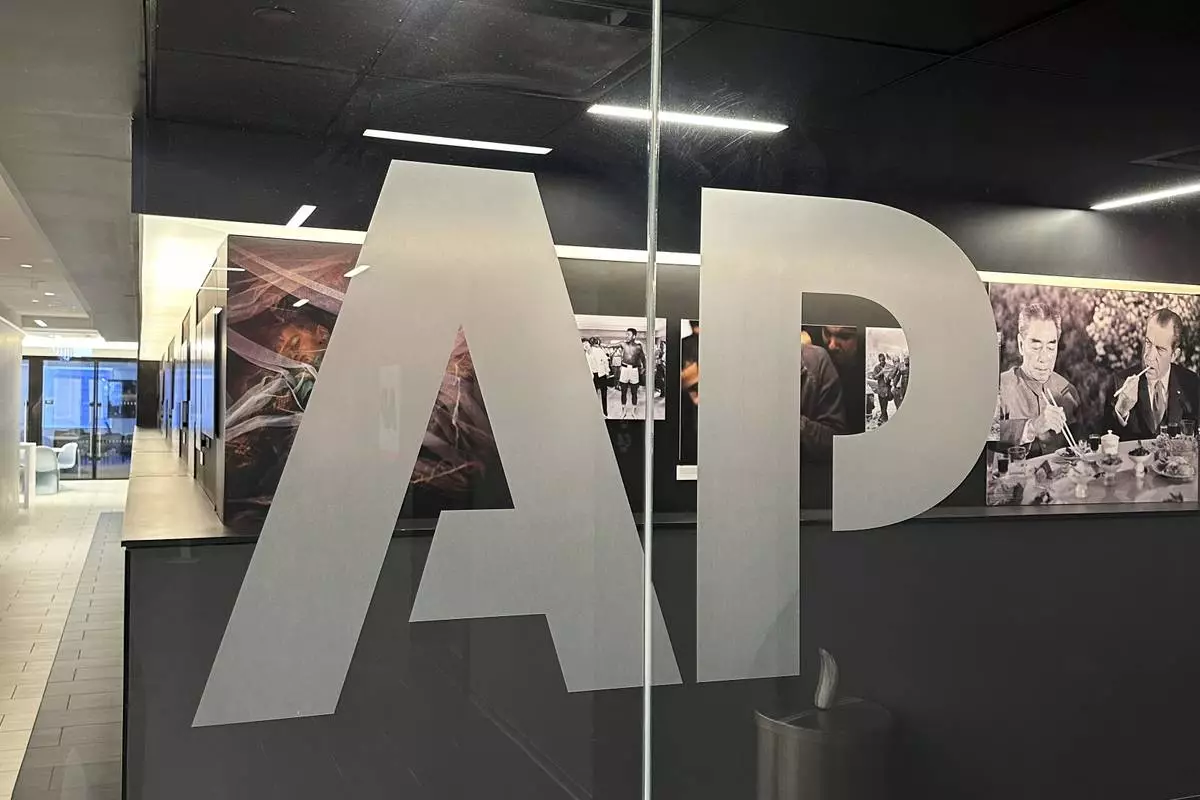
The Associated Press logo is displayed at the news organization's world headquarters in New York on Wednesday, April 9, 2025. (AP Photo/Aaron Jackson)
DENVER (AP) — A soldier present at an after-hours nightclub where more than 100 immigrants suspected of being in the U.S. illegally were taken into custody last weekend has been charged with distributing cocaine, court records show.
Staff Sgt. Juan Gabriel Orona-Rodriguez, who is assigned to Fort Carson, an Army post near the illegal club in Colorado Springs, was arrested Wednesday evening, the FBI said in a statement.
Orona-Rodriquez has been charged with conspiracy to distribute cocaine and distribution and possession with intent to distribute cocaine, according to an arrest affidavit. It said he allegedly sold cocaine to an undercover agent of the Drug Enforcement Administration days before the raid.
It wasn't immediately known if Orona-Rodriguez — a member of the 1st Stryker Brigade Combat Team in the 4th Infantry Division — had a lawyer ahead of an expected court appearance Thursday.
The FBI said the arrest followed an investigation by the DEA, the Department of the Army Criminal Investigation Division and officials at Fort Carson.
More than 300 law enforcement officers and officials from multiple agencies participated in Sunday’s operation at the nightclub, which had been under investigation for months for alleged activities including drug trafficking, prostitution and “crimes of violence,” said Jonathan Pullen, special agent in charge of the DEA’s Rocky Mountain Division.
Cocaine was among the drugs found, Pullen said at a news conference.
Orona-Rodriquez was one of about 17 active-duty U.S. Army service members who were at the club, known as Warike, when it was raided early Sunday, the affidavit said.
He appears to have held a leadership role in a business that provides armed security at nightclubs, including at Warike, according to the document. However, it did not say whether he was working security there at the time of the raid. It notes that he had been warned by his commanding officer this spring that he could not work for the security company.
Rodriguez received more than a dozen Army awards during his almost nine years in service, including an Army Commendation Medal with combat device, which is earned during a deployment where the soldier was “performing meritoriously under the most arduous combat conditions,” according to Army descriptions of the award.
Of the 17 soldiers who were at the venue at the time of the raid, 16 were patrons and one was working there in a security role, a U.S. official said on the condition of anonymity to provide details not yet made public. Sixteen of the soldiers there were assigned to Fort Carson, the official did not know where the seventeenth was assigned.
Investigators suspect Orona-Rodriguez was getting cocaine from an unidentified Mexican citizen who is “unlawfully present in the United States without admission,” according to the affidavit.
President Donald Trump posted a link to the DEA video of the raid on his social media site, Truth Social. “A big Raid last night on some of the worst people illegally in our Country — Drug Dealers, Murderers, and other Violent Criminals, of all shapes and sizes,” the president wrote.
Associated Press writer Tara Copp in Washington, D.C., contributed to this report.

In this image taken from video released by the U.S. Drug Enforcement Administration, officers stop a patron from a nightclub where a raid occurred Sunday, April 27, 2025, in Colorado Springs, Colo. (U.S. Drug Enforcement Administration via AP)
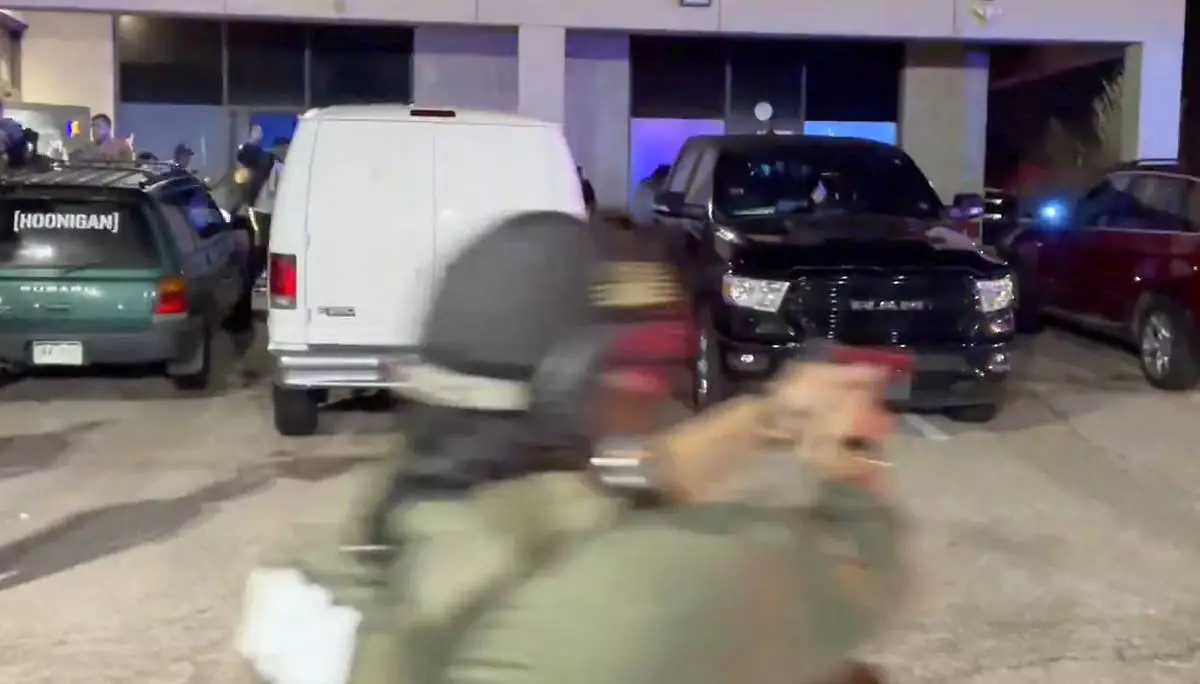
In this image taken from video released by the U.S. Drug Enforcement Administration, a law enforcement officer with a weapon drawn is shown at a nightclub where a raid occurred Sunday, April 27, 2025, in Colorado Springs, Colo. (U.S. Drug Enforcement Administration via AP)



